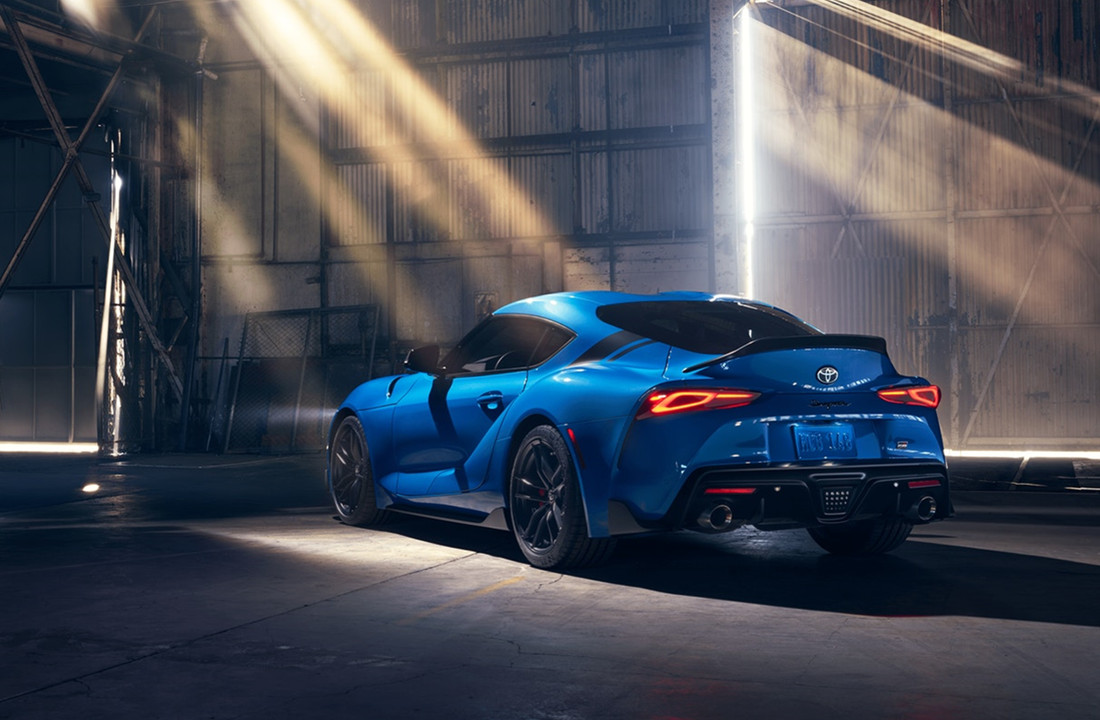
Dos and Don’ts When Buying a Car
DOS
1. Always check the car’s service history.
2. Check if the mileage is consistent with the service history. A car with a high number of previous owners and little servicing can mean a lot of problems are hidden under the bonnet.
3. Always check that there is proof of ownership, whether a certificate of title for new cars or receipts for previous work carried out on older vehicles.
4. Always inspect the car with your own eyes, don’t rely on the word of a seller or a salesperson.
5. Always check for gas leaks which can be a sign of rusting underneath the bonnet, and dents and scratches, which can hide problems like corrosion.
6. If buying second hand always get an independent check carried out by a qualified technician to ensure the car is safe and has no structural faults that may become expensive to repair.
7. Make sure you know what you’re buying. If a car has a service history, it may be that the work was done by an independent garage or a friend with a set of spanners. It is important to check that the previous owner had the car serviced at the dealership or through a reputable mechanic.
DON'TS
1. Never buy without seeing and driving the car first; this is one purchase you want to be as sure about as possible.
2. Don’t pay too much; a very good car is a fraction of the price of a bad one, and it pays to be picky.
3. Don’t let outside forces dictate your decision; if you like the car, don’t let other people’s suggestions sway you. If in doubt about something, ask for your money back or get another opinion and go on with your search.
4. Don’t buy from a dealer that you don’t know or trust, especially if you’re buying from a private seller.
5. Don’t buy cars on the cheap; used cars can be good value but should always be checked by an independent mechanic for minor problems before purchase.
It is worth researching the car you’re interested in before making a decision to buy. A little research can save you from high repair costs in the future and a lot of headaches.



